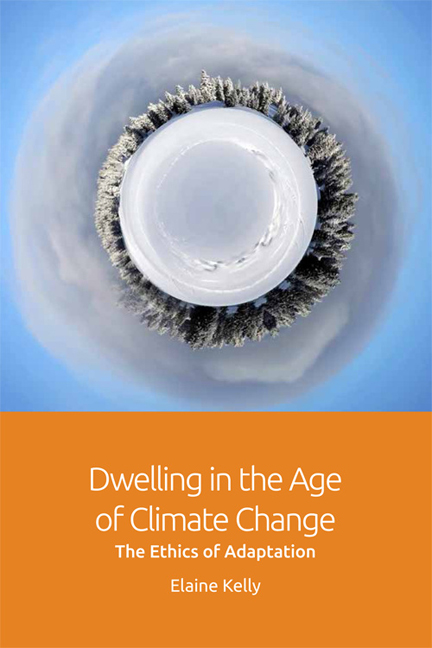4 - In and Out of Place: The Case of Bangladesh
Published online by Cambridge University Press: 29 April 2021
Summary
‘In the most densely populated delta in the world it is not possible to differentiate between land and river, human populations, sedimentation, gas, grains and forests, politics and markets. Human habitations are superimposed on an even more dense river system, which is a constantly shifting, soggy planet.’
Nabil AhmedWELCOME
We arrive very late, close to midnight. In the car, we move through crowds of people, dodging colourful rickshaws and damaged trucks, weaving around pedestrians still wandering the streets. Some small groups of women huddle in corners, protecting one another. We turn another corner and the people are fewer. Here, armed guards patrol buildings with large fences. Some of the fences have barbed wire running along the top; others have shards of glass jutting out. Large, new-looking commercial and private dwellings dominate the landscape. Our driver is taking us to our hotel, situated in the wealthy diplomatic zone of Gulshan. Later I learn that this area, along with its neighbouring region, Banani, is where all the foreigners stay.
Dhaka is a city under construction. Old buildings are torn down by hand. The labouring bodies of the men continue into the early hours of the morning, with the smacking sound of sledgehammers and axes hitting concrete interrupted only by the dawn prayer. The broken rubble forms small hills on the sides of the road, resources for other sites now, while the cleared space makes way for a new development. Many of these men have journeyed from afar, making the increasingly common migration from the rural areas to the urban centres.
I am welcomed here in Dhaka, in this place where these labouring bodies work day in and day out. This welcome shields an underlying violence. Slums dwellers are routinely evicted from the city of Dhaka to its outskirts, all in the name of ‘development’. Labourers are underpaid and live precarious lives, with hotel staff better off than those who build the hotel, but also exploited. I am welcomed in this place. I am fed well for little money and provided the comfort of a new and stylish boutique hotel room. Even when illness hits with a force I have never experienced before, I am well attended to, cared for, fed and given the space to recover.
- Type
- Chapter
- Information
- Dwelling in the Age of Climate ChangeThe Ethics of Adaptation, pp. 89 - 117Publisher: Edinburgh University PressPrint publication year: 2018



